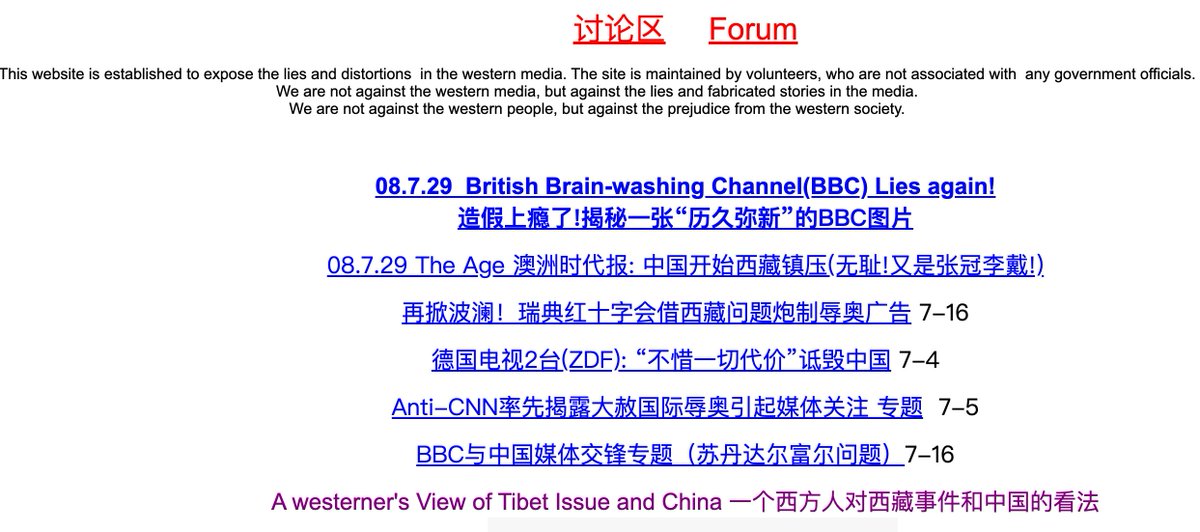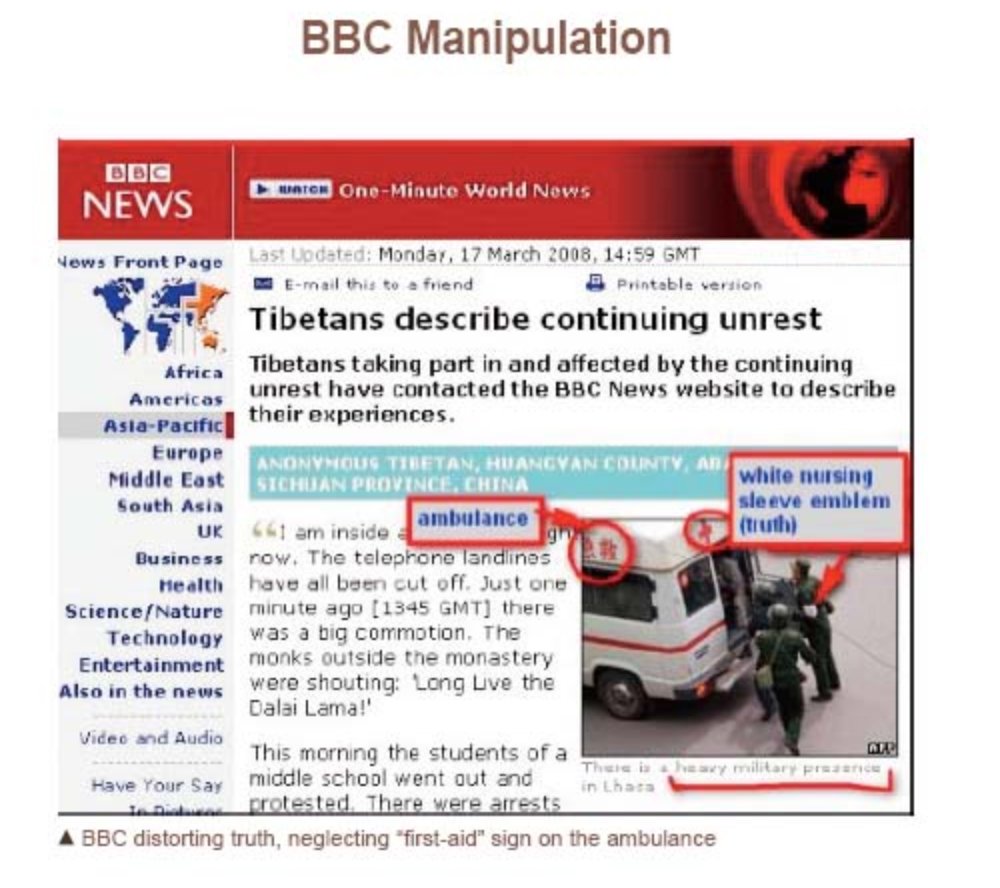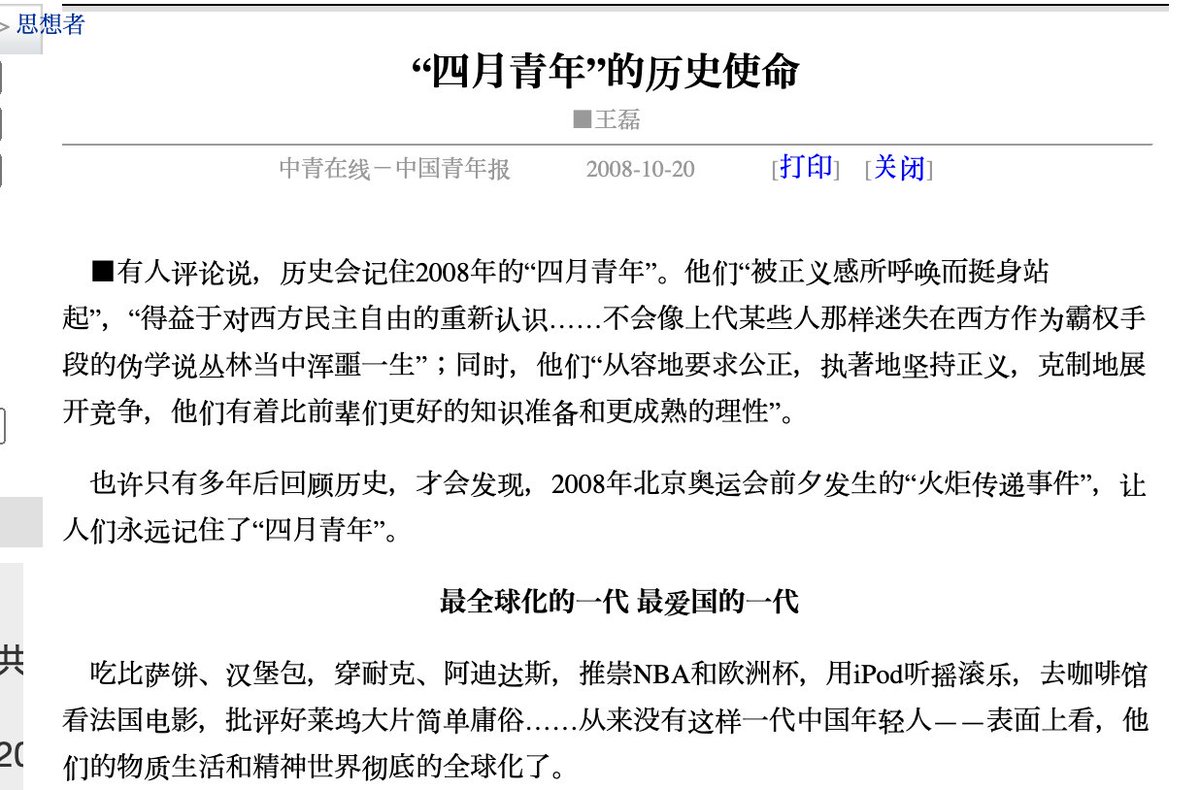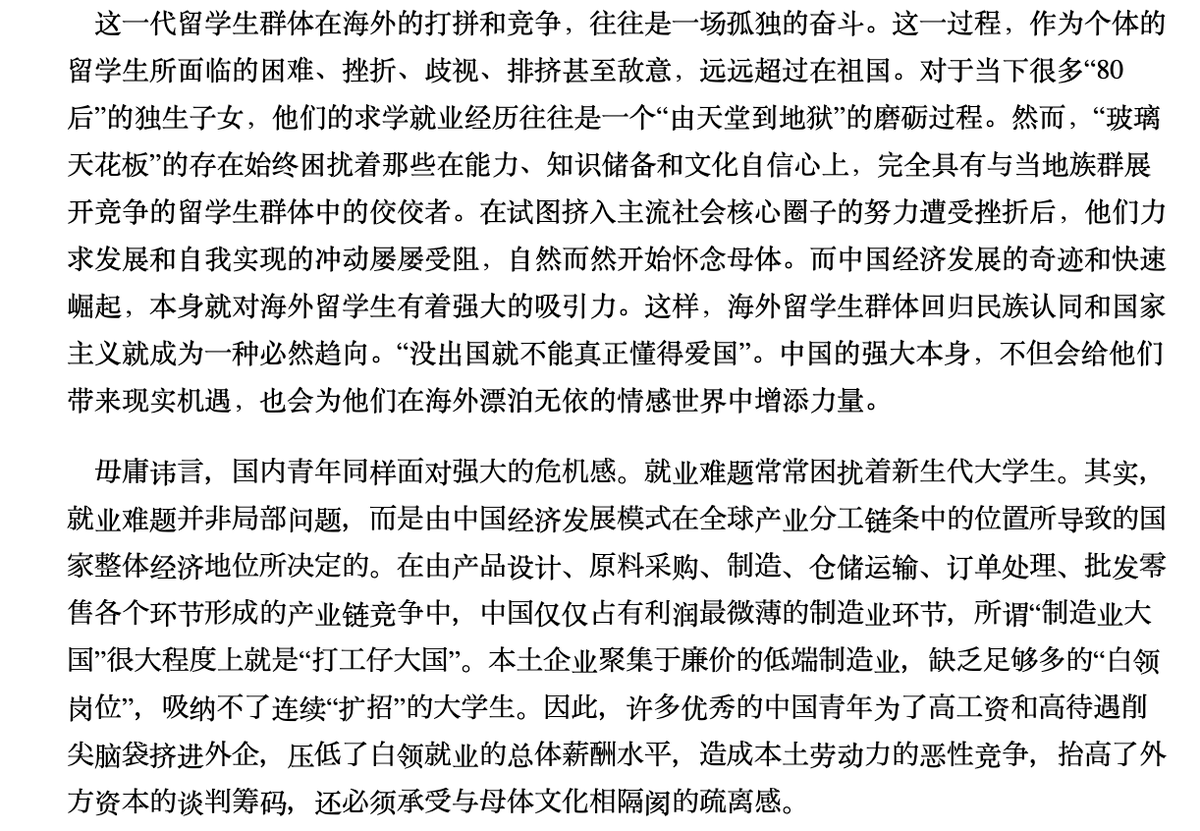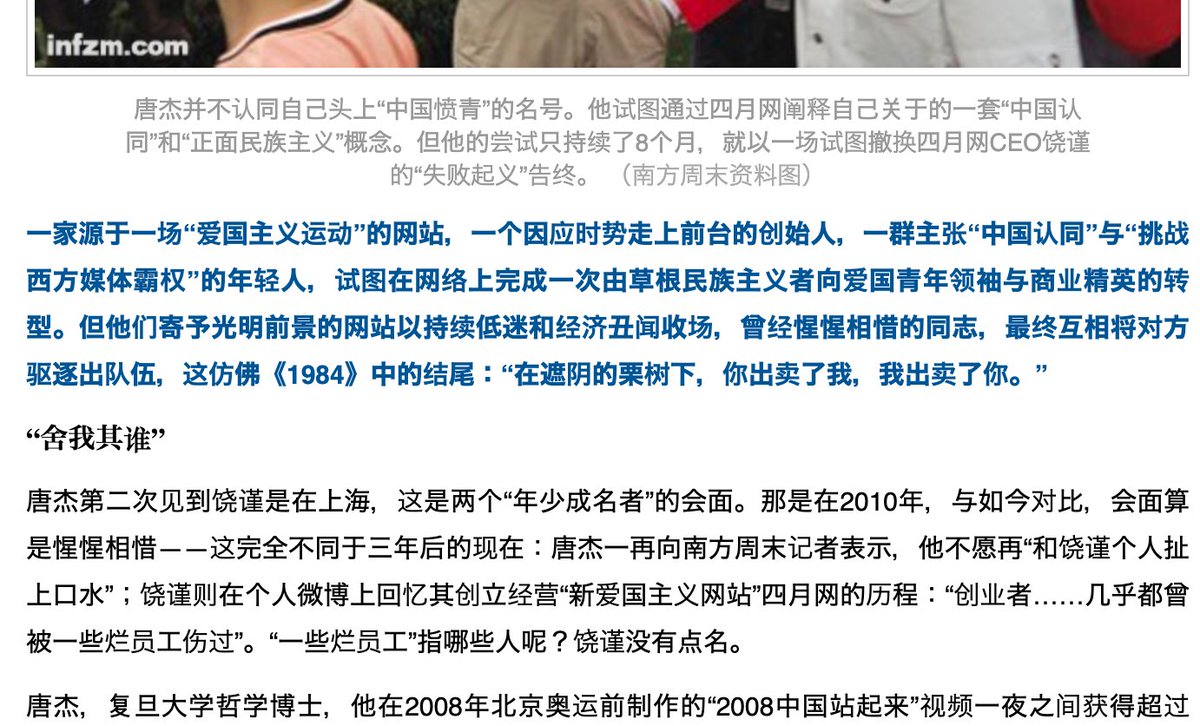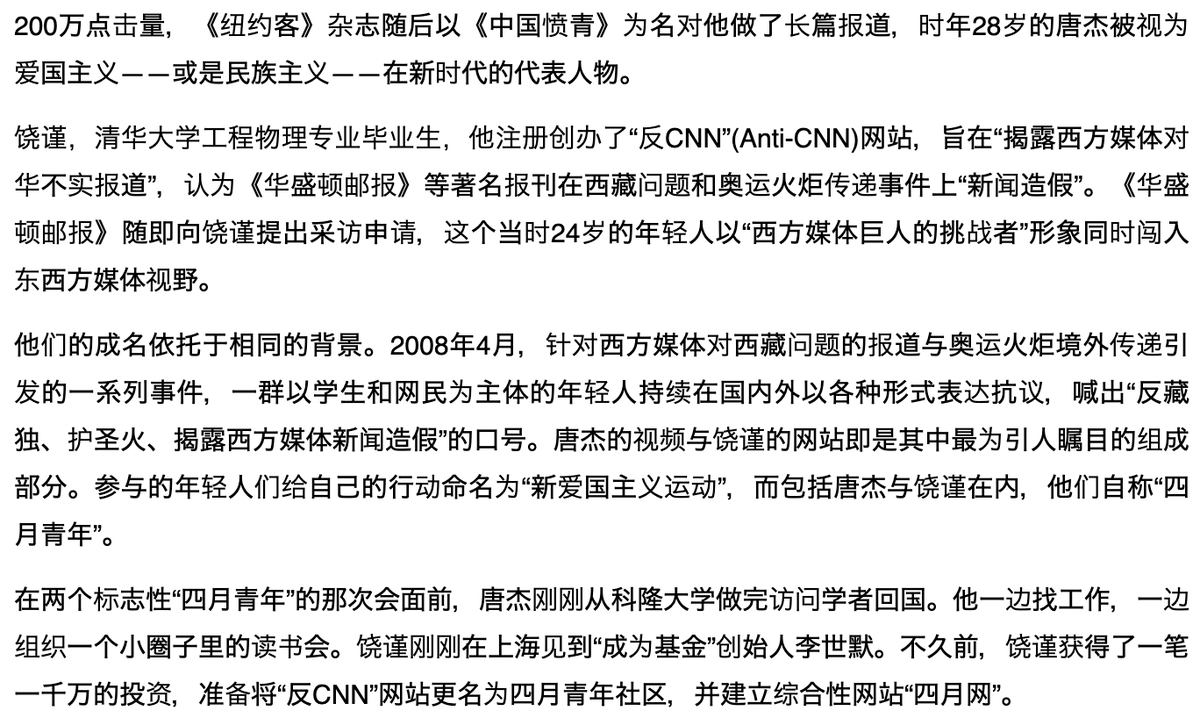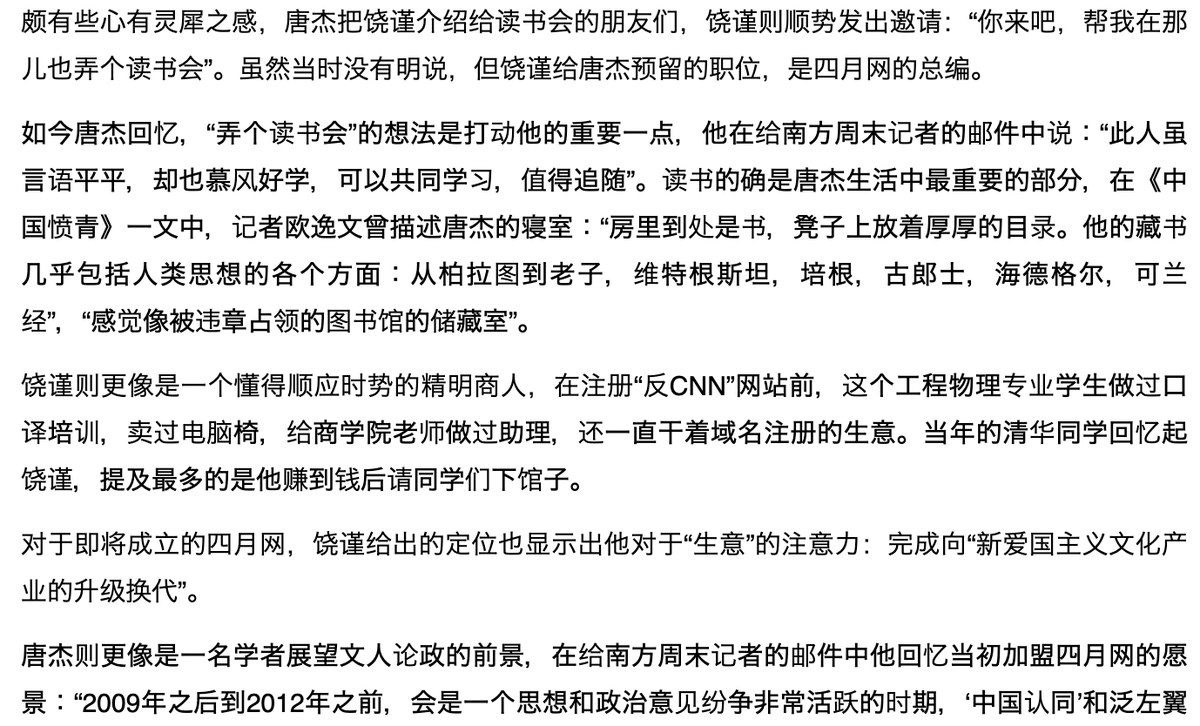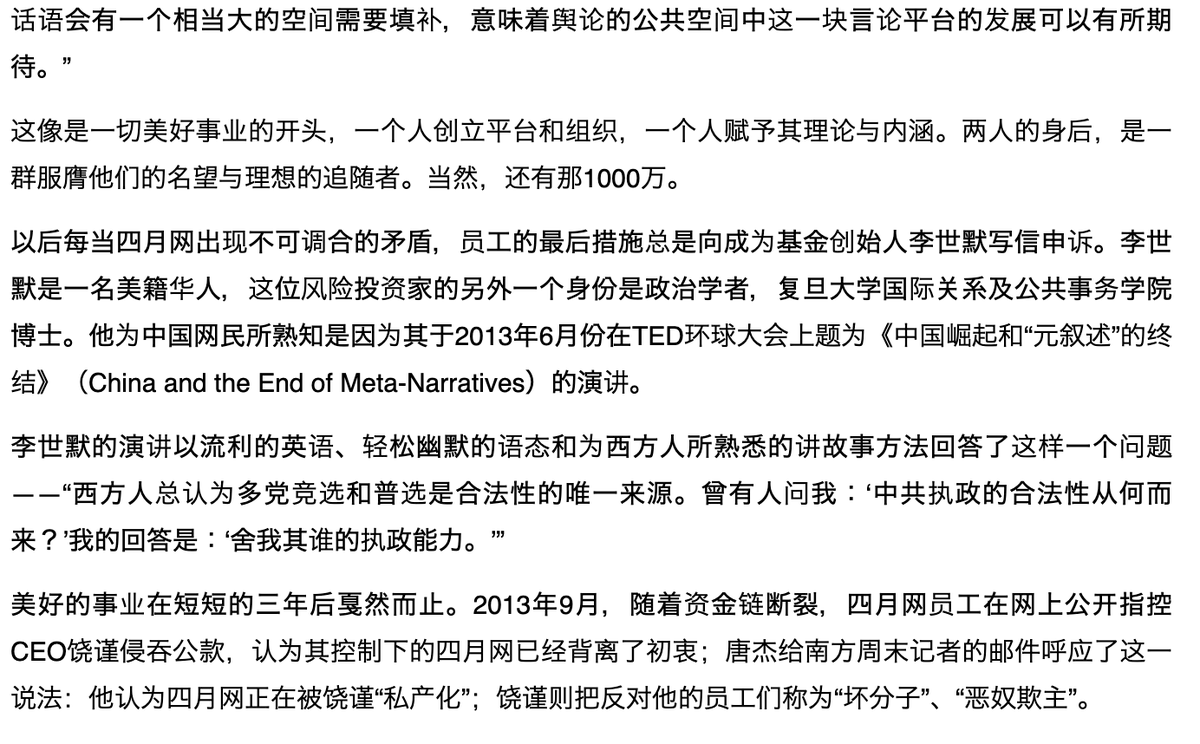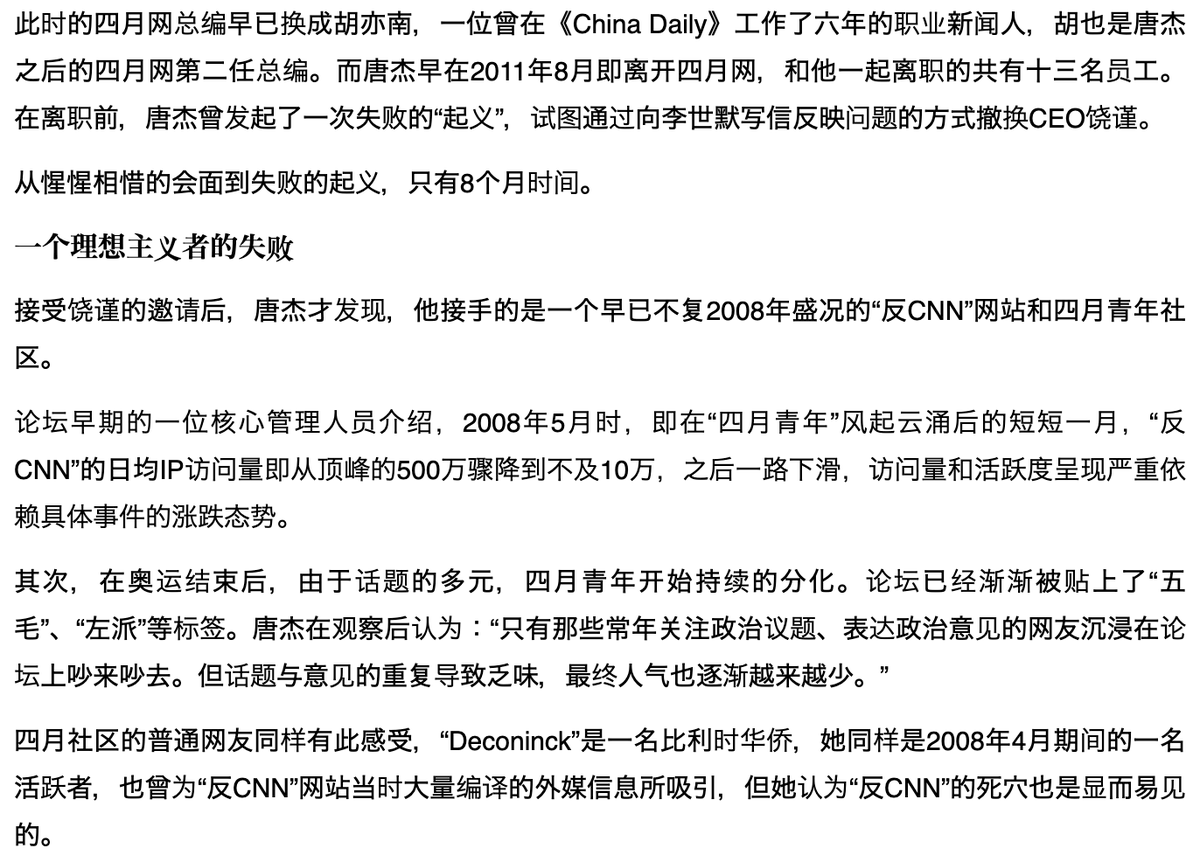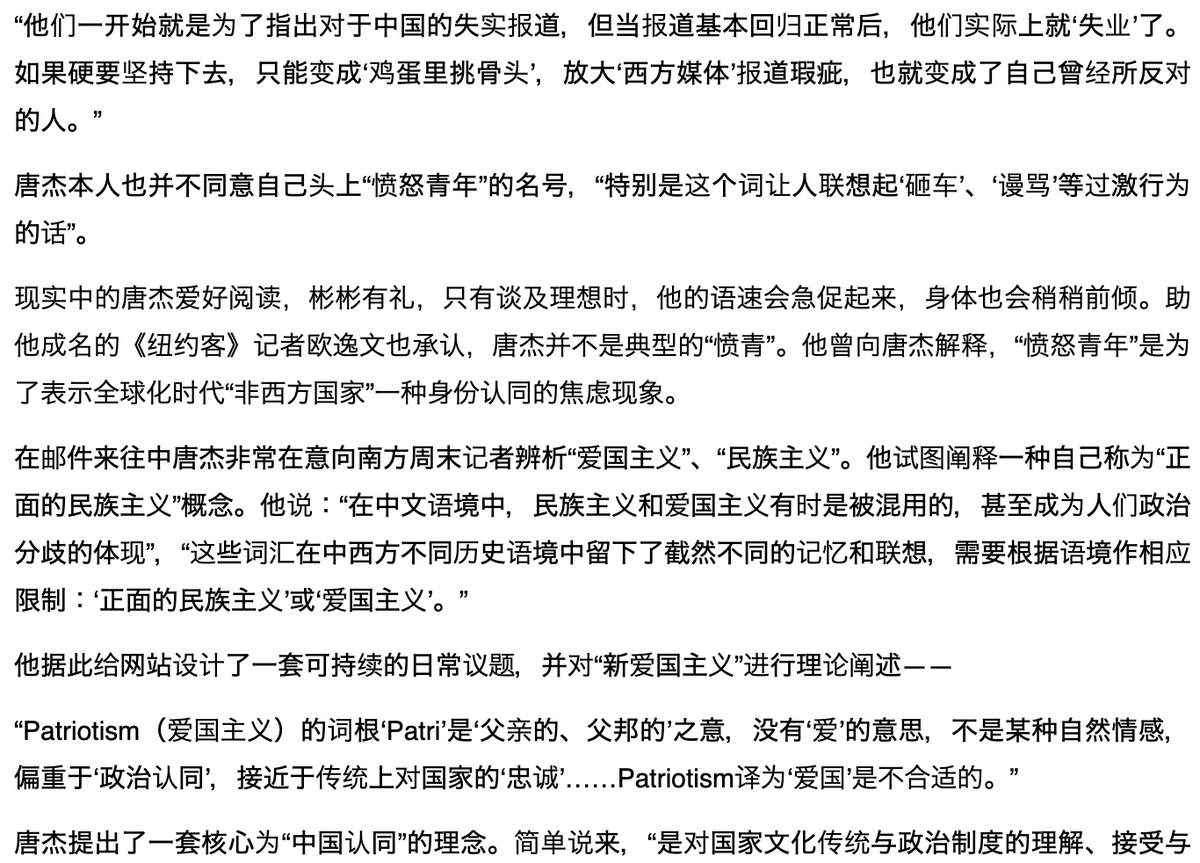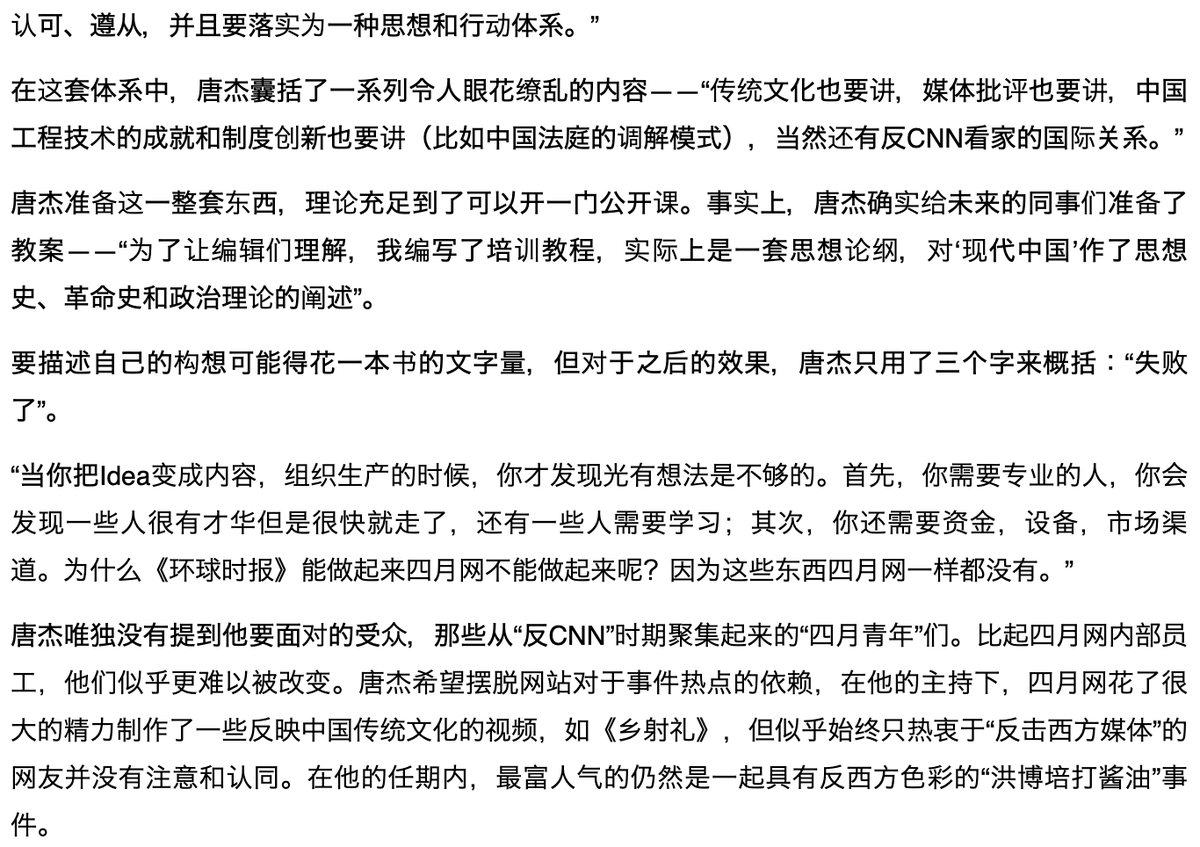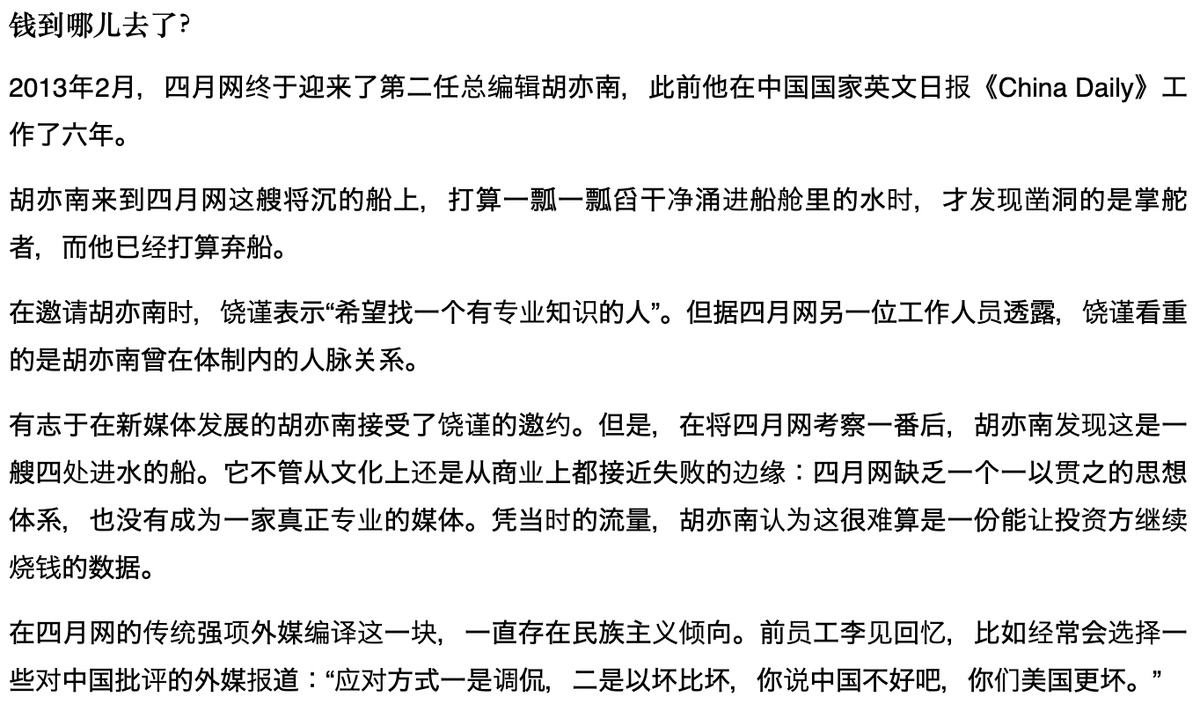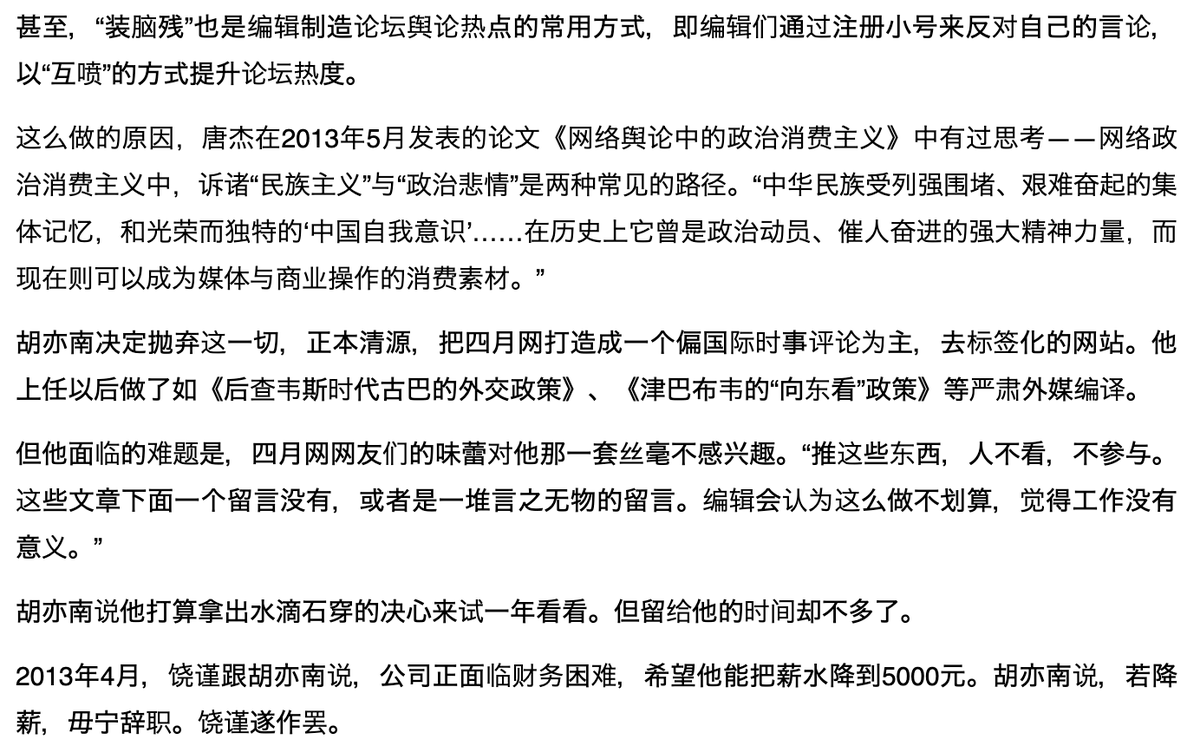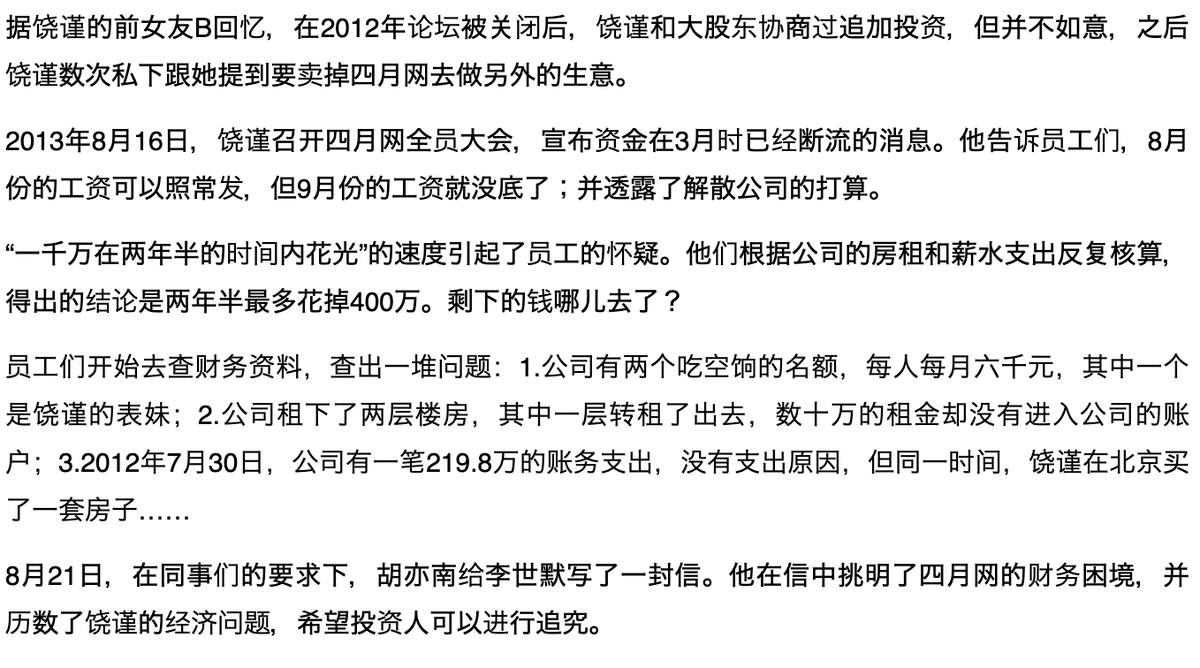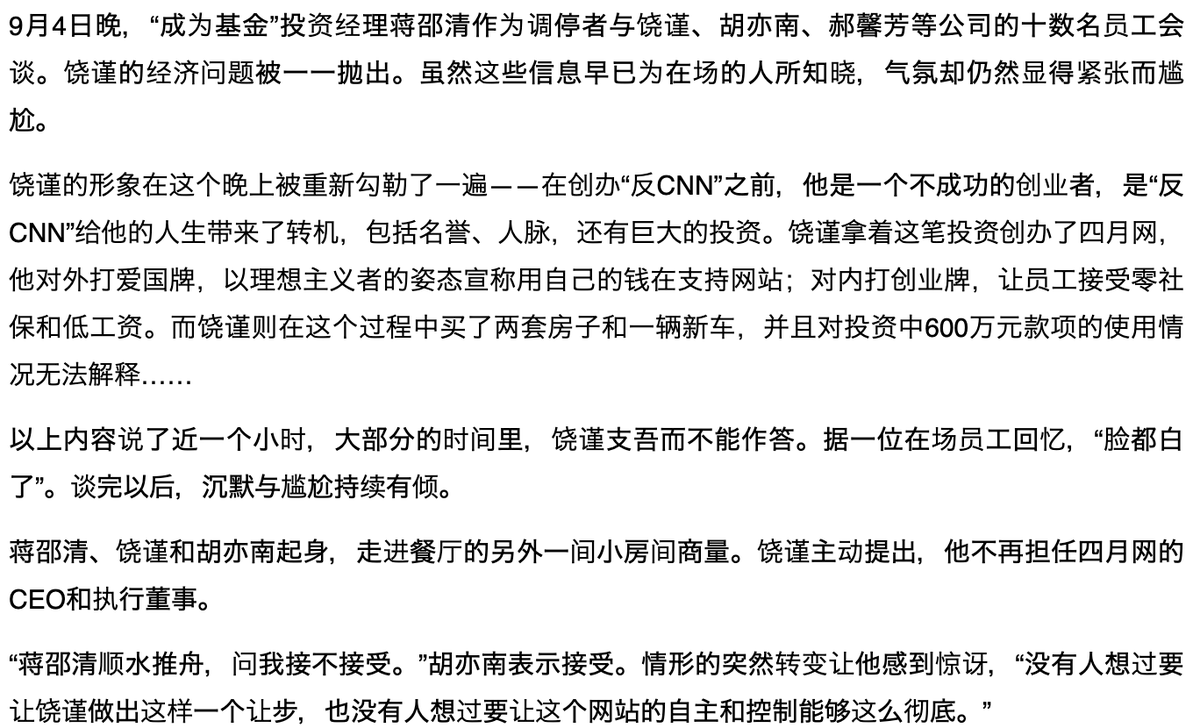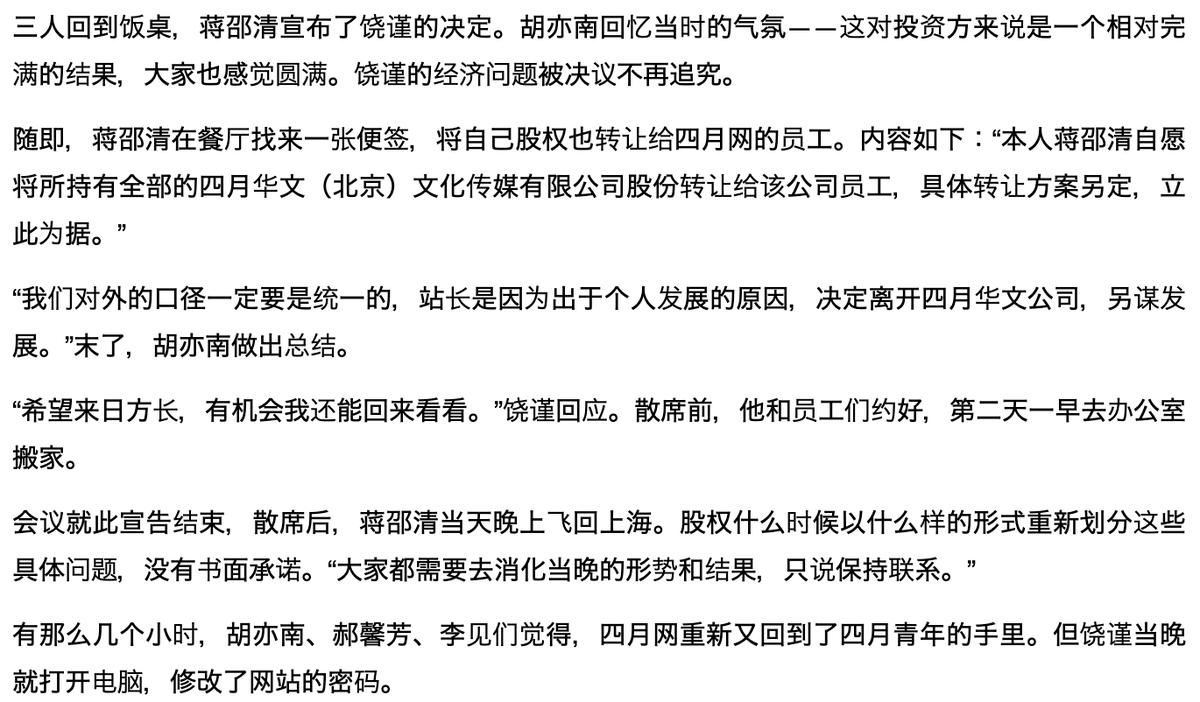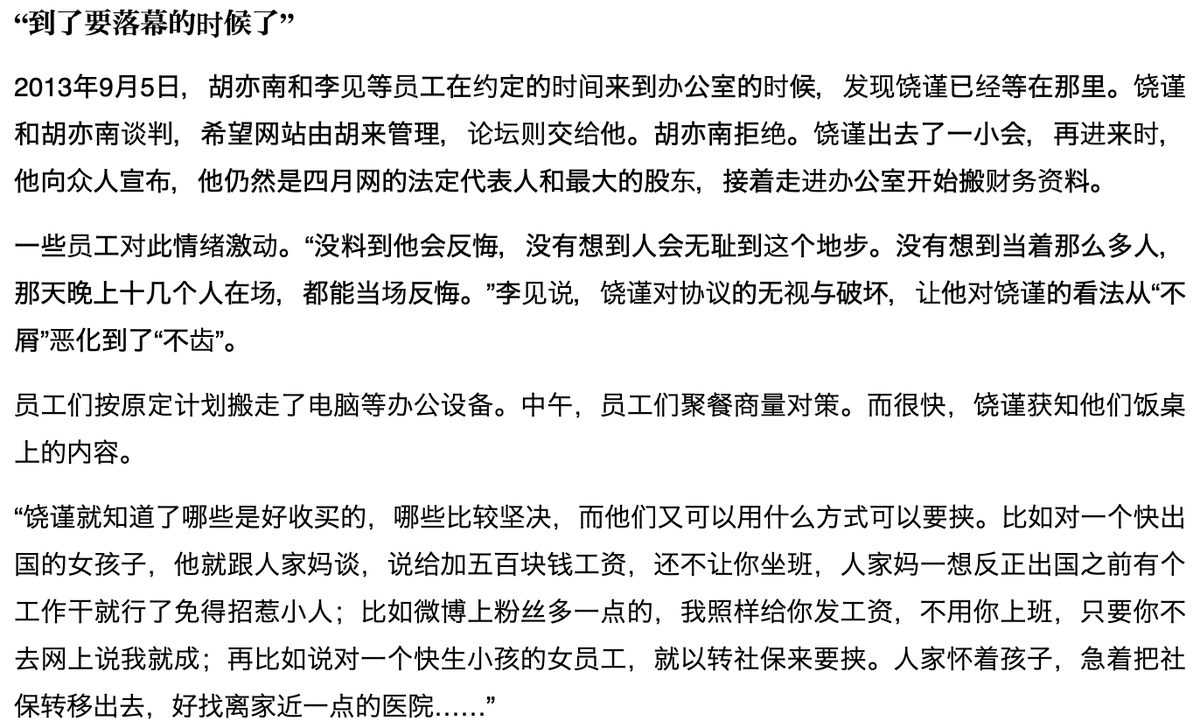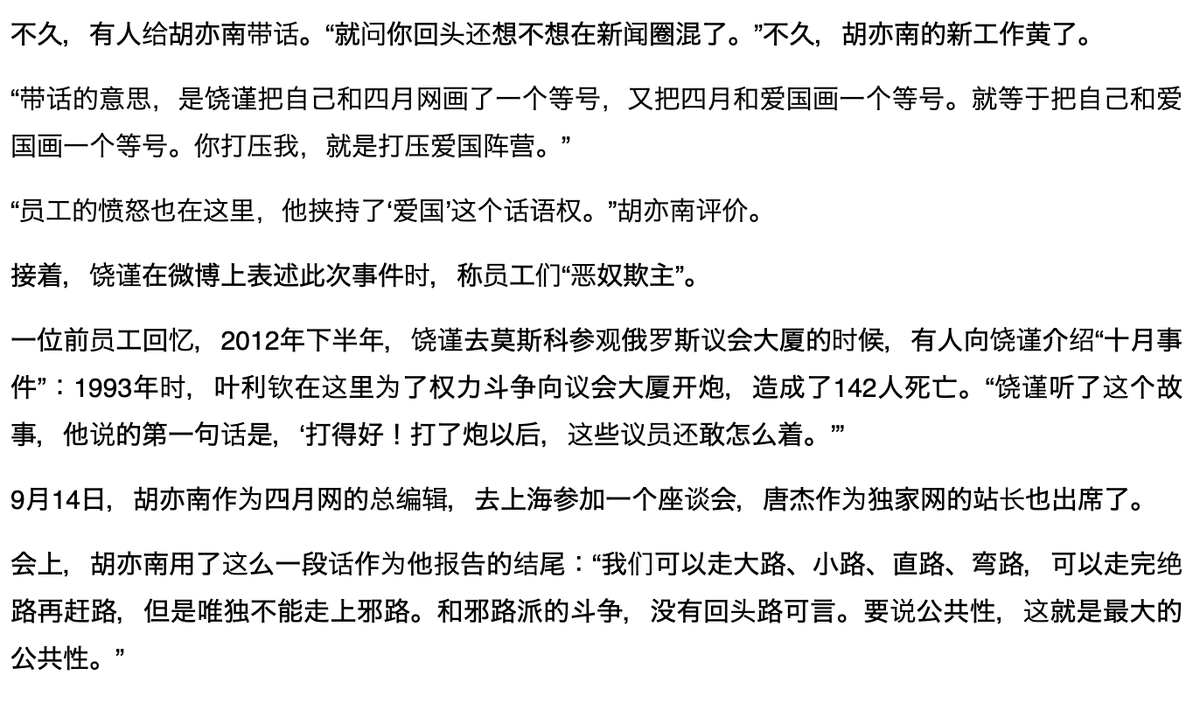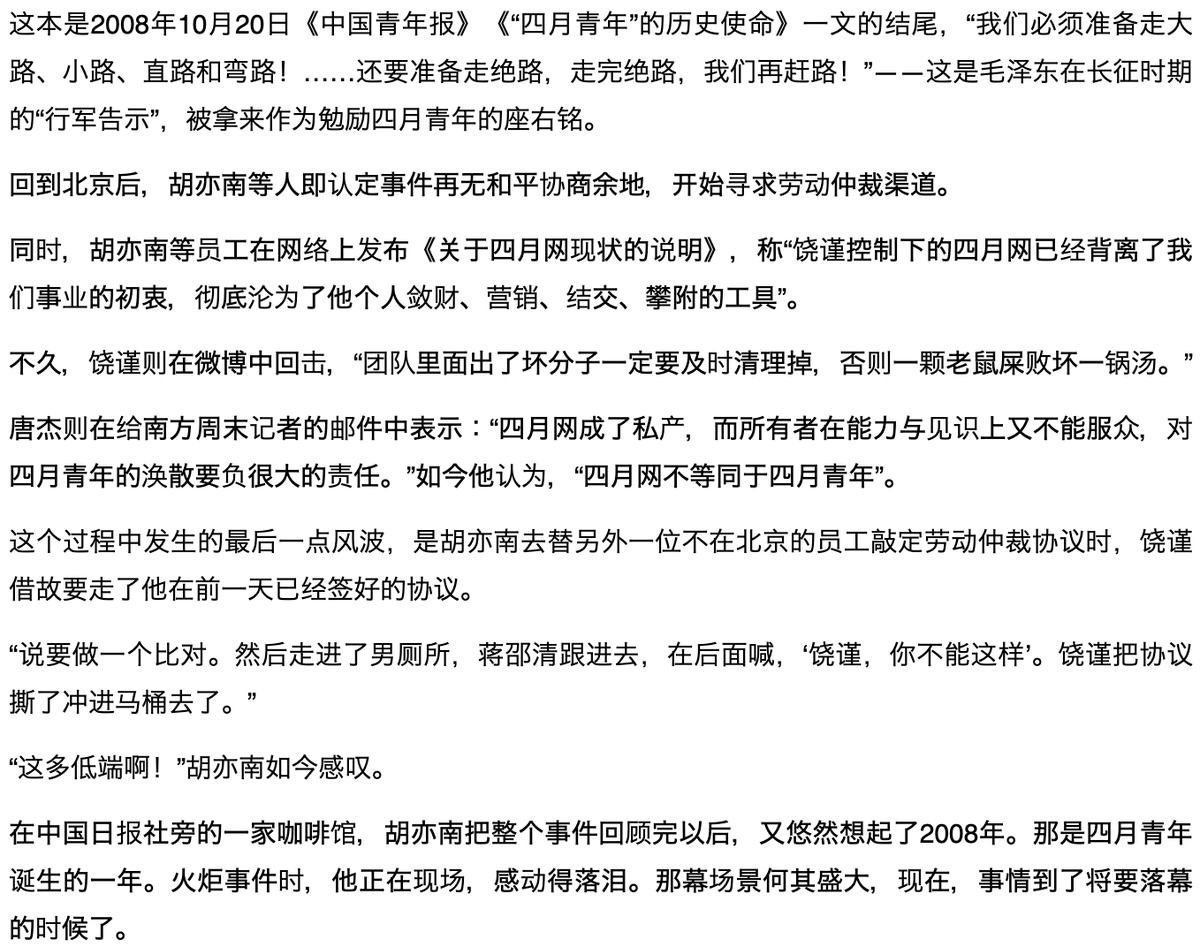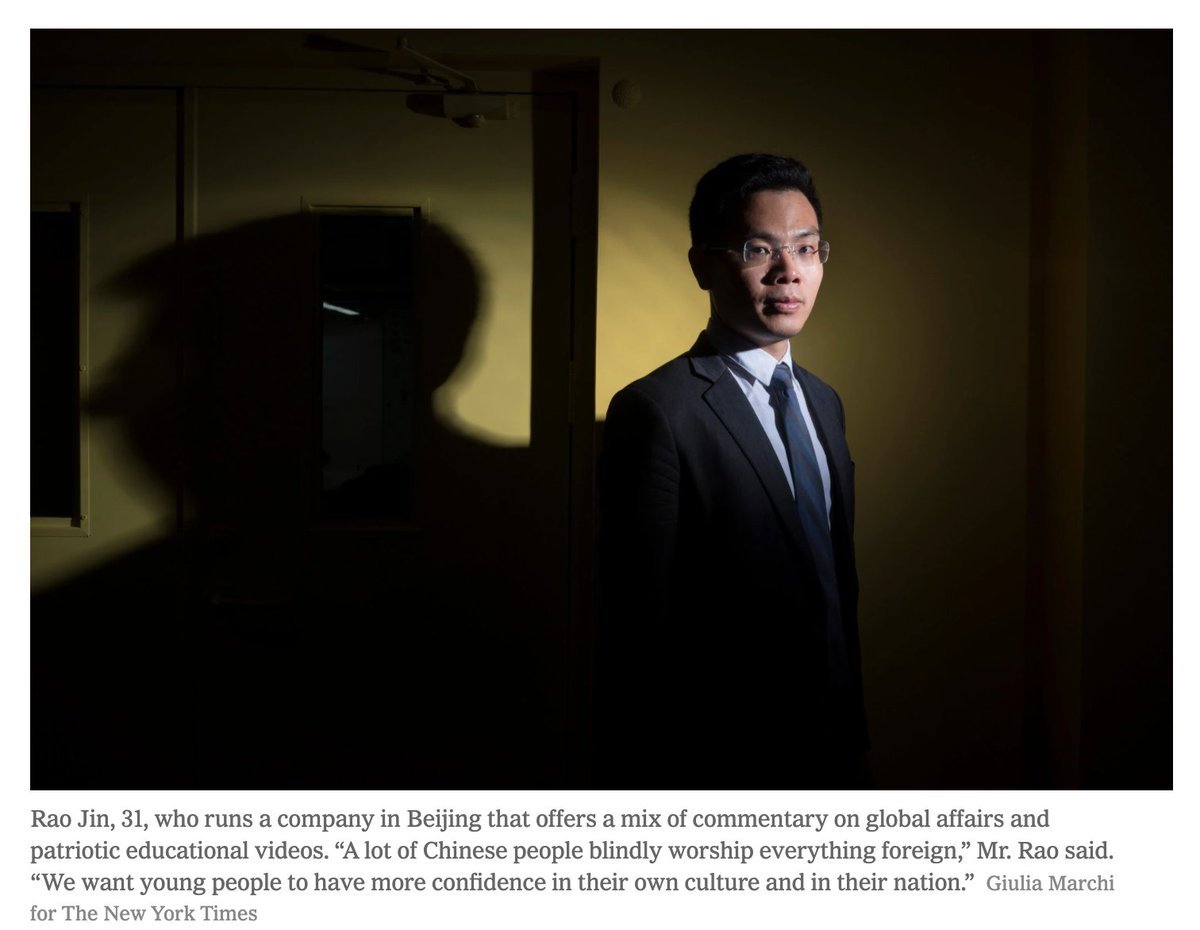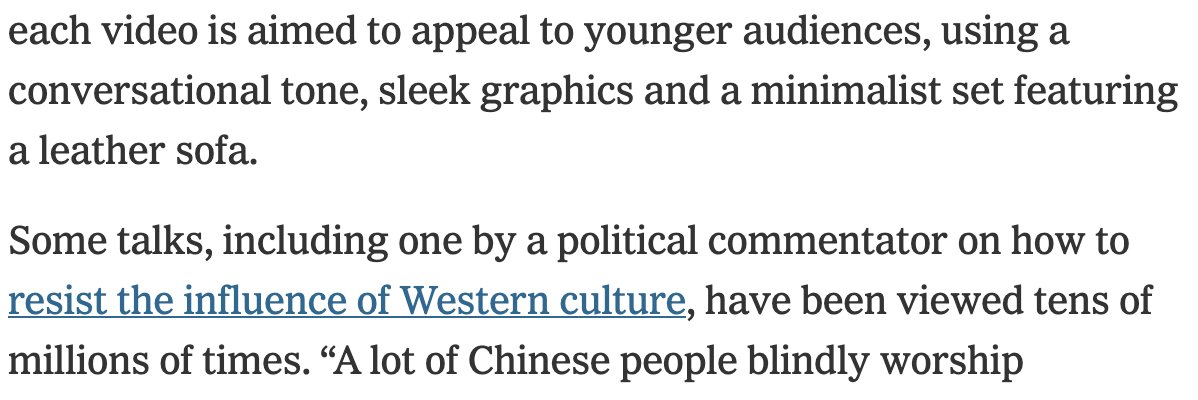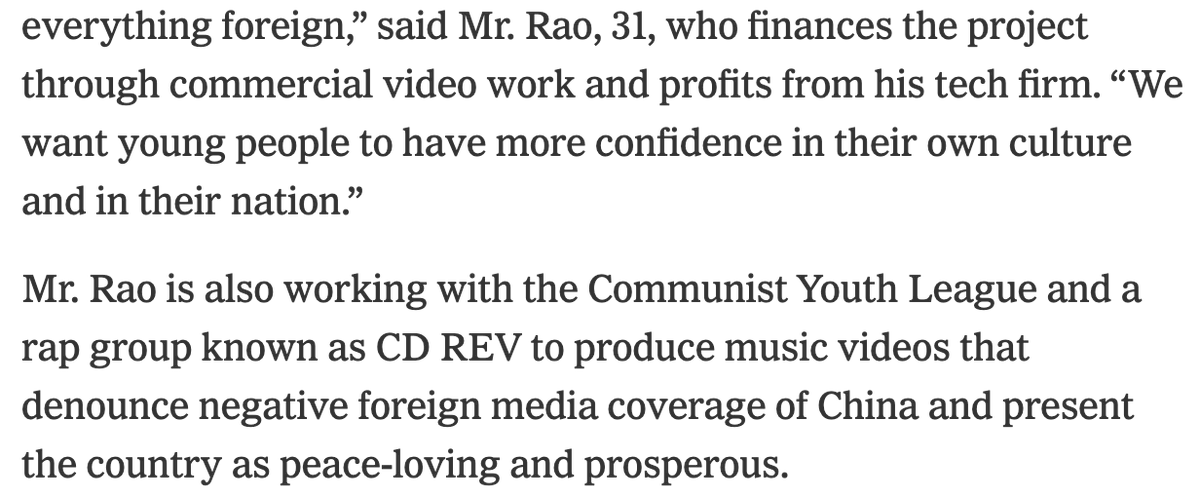For various reasons, it seems like not many remember the story of Rao Jin 饶谨 and his Anti-CNN website. He was infuriated by CNN, the BBC ("British Brain-washing Channel"), and other foreign media's coverage of 2008 Tibet protests, and "distorted" photos in particular.
In early 2008, there were moves by Tibetan groups abroad, organized as the Tibetan People's Uprising Movement 西藏人民起义运动, calling on those in exile to walk back to the homeland 徒步返乡. There were protests across Tibet (Robert Barnett, "The Tibet Protests of Spring 2008").
But the focus was on the particularly violent protests in Lhasa on March 14th. The video below is from a Chinese documentary on the events of that day. Han and Hui were targeted for violence. A mosque was burned, along with hundreds of other buildings.
The stories of five young women burned to death at the Yishion story where they worked were covered extensively. Chen Jia 陈佳 was only eighteen. Her family had lived in Lhasa since the '80s, when her father was demobilized from the army and became a truck driver.
At the time, these foreign news sites and most foreign social media was not consistently or effectively blocked. Stories about "distortions" in reporting circulated quickly (these examples are collected in the official publication Materials on the March 14 Incident in Tibet.
Rao Jin, fresh out of Tsinghua, quickly launched Anti-CNN (there were others involved, like Tang Jie 唐杰). It was a grassroots operation, buoyed by funding from investors like Li Shimo 李世默. Here, Rao Jin explains that he wanted to create a platform to show the real China...
Rao Jin was celebrated. China Youth Daily 中国青年报 printed an editorial praising the April Youth 四月青年 (a suggestion from investors, "Anti-CNN" was changed to "April Media") for taking up the patriotic cause, and identifying in particular the role of overseas students.
Things wound down pretty quickly. The drama was covered in-depth by Southern Weekend 南方周末, who described a split between the young leftist true believer Tang Jie and the business-minded Rao Jin, who, among other ventures, had previously sold office furniture.
Traffic to the website decreased precipitously. Rao Jin was accused of stealing from the register. He also brought in his girlfriend. Tang Jie left, along with a dozen others. The site was taken offline shortly after Wang Lijun 王立军 showed up to the Chonqing embassy.
Rao Jin brought on Hu Yinan 胡亦南 for expertise and connections, hoping to turn things around. The decision: turn what had started as Anti-CNN into a clickbait link curation portal site. But the money was gone. Investors said they wouldn't investigate, as long as Rao Jin left.
But Rao Jin refused to play ball. He fought everyone—Tang Jie, employees, the investors, Hu Yinan—until the end. (Read the Southern Weekend piece here: http://www.infzm.com/content/96821 .) He continued to attempt to monetize the brand and a certain type of online nationalism...
In this 2016 mention in the New York Times, Rao Jin is described as financing what's left of April Media "through commercial video work and profits from his tech firm." There is an outline of what he's been up to in recent years here: https://www.163.com/dy/article/FSTUQGV50532SARF.html
Fascinating as an attempt to take patriotism online, last gasp of the period's freewheeling media atmosphere and permissive online environment (I'm not just describing China here), then falling apart as partisans clashed with money men (and real money ate their lunch)...

 Read on Twitter
Read on Twitter
